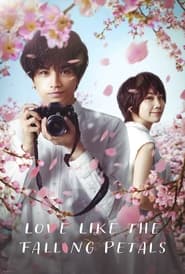
Love Like the Falling Petals Ending Explained
With a magician’s precision and a touch of serenity, Yoshihiro Fukagawa directed the love drama ‘Love Like the Falling Petals’ (formerly ‘My Dearest, Like a Cherry Blossom’ or ‘Sakura no yna boku no koibito’). The plot, adapted from Keisuke Uyama’s 2017 novel, follows a short-lived romance, with symbolism evoking drifting times. Haruto observes the world via the lens of his camera, seeking to capture a fleeting moment. Misaki, on the other hand, is afflicted with a sickness that causes time to speed up. Meanwhile, every year, the cherry blossom season returns, reminding us of the fleeting aspect of life. While the ending is sad and dramatic, you may want to go back and watch it again. We’ll get to the finish, but first let’s take a look back at the roller-coaster ride of love and heartbreak. WARNING: SPOILERS AHEAD.
Plot Synopsis for Love Like the Falling Petals
Haruto Asakura, a photographer, takes images of cherry blossoms while recalling a traumatic past. He is aware of how badly he has harmed her, which brings the story back to his history. Haruto chooses to get a haircut after months of being a monk, which brings him to the Penny Lane barbershop with a voucher in hand. Haruto looks better than ever in Misaki’s capable hands. Despite the fact that Misaki’s hair appears to be uneven, Haruto complements her on her smiling expression. Haruto is an unique customer for her because he is her first haircut, and he keeps revising the salon to get a glimpse of her.
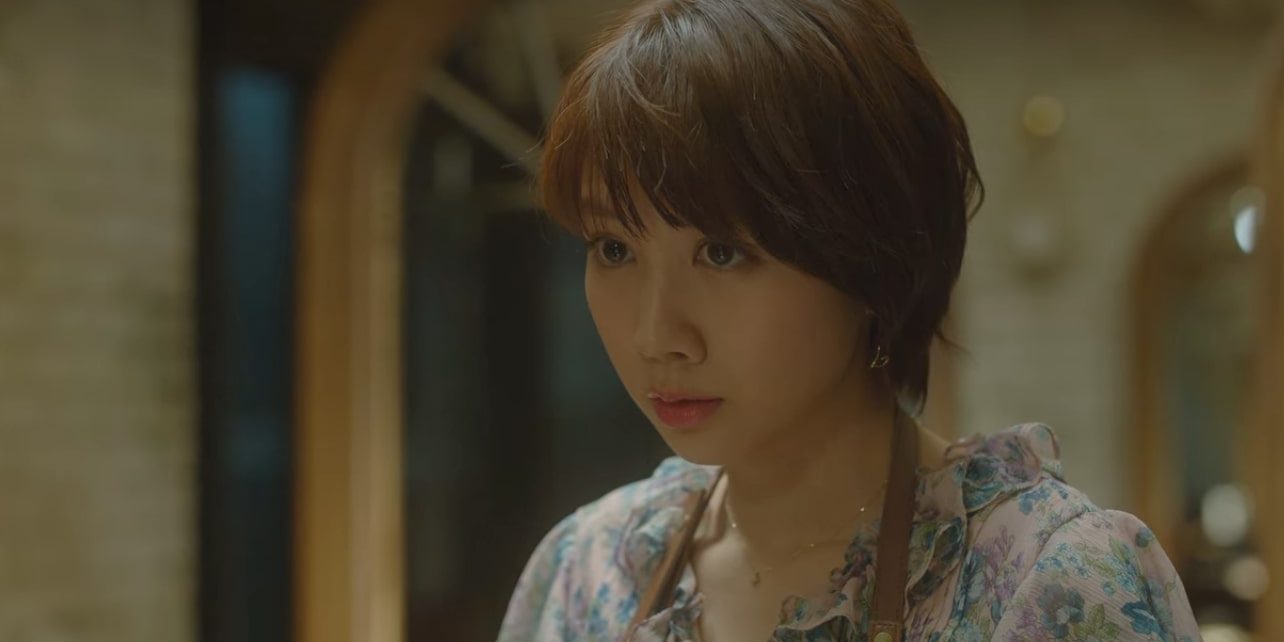
Meanwhile, Misaki can’t stop screaming about Haruto, the outstanding photographer who belongs to her family, which includes her brother and his partner Ayano. Haruto intends to ask Misaki out on a date while getting his hair trimmed, but an earlobe accident forces him to fall. Misaki apologizes profusely and agrees to shoulder the entire expense. They go to a hospital and exchange phone numbers. Haruto finally expresses himself on the phone, asking Misaki out on a date. Haruto is excessively formal, and they’re in a luxury restaurant that he doesn’t frequent.
Later, Haruto finally admits that he is not a photographer, and Misaki expresses her disappointment that he did not pursue his passion. Haruto ignores her and does not see her again until he returns to work at the studio. The romance blossoms, but Misaki discovers she has a rare genetic disease. Her unique instance is Fast Forward Syndrome, which causes her to age far faster than the usual person. Misaki pulls Haruto away after the revelation, counting the days till spring.
What Is Progeroid Syndrome and How Does It Affect Love? What Exactly Is Fast Forward Syndrome?
Misaki’s hair begins to gray shortly after she turns twenty-five. While her colleague believes it is most likely due to stress, she has a strong suspicion. Misaki goes to the doctor with her brother, who informs her that she is suffering from the progeroid syndrome. The syndrome in question is a rare hereditary illness that makes patients’ lives tough. Progeroid, which may be derived from Progeria, implies “similar to premature aging.”
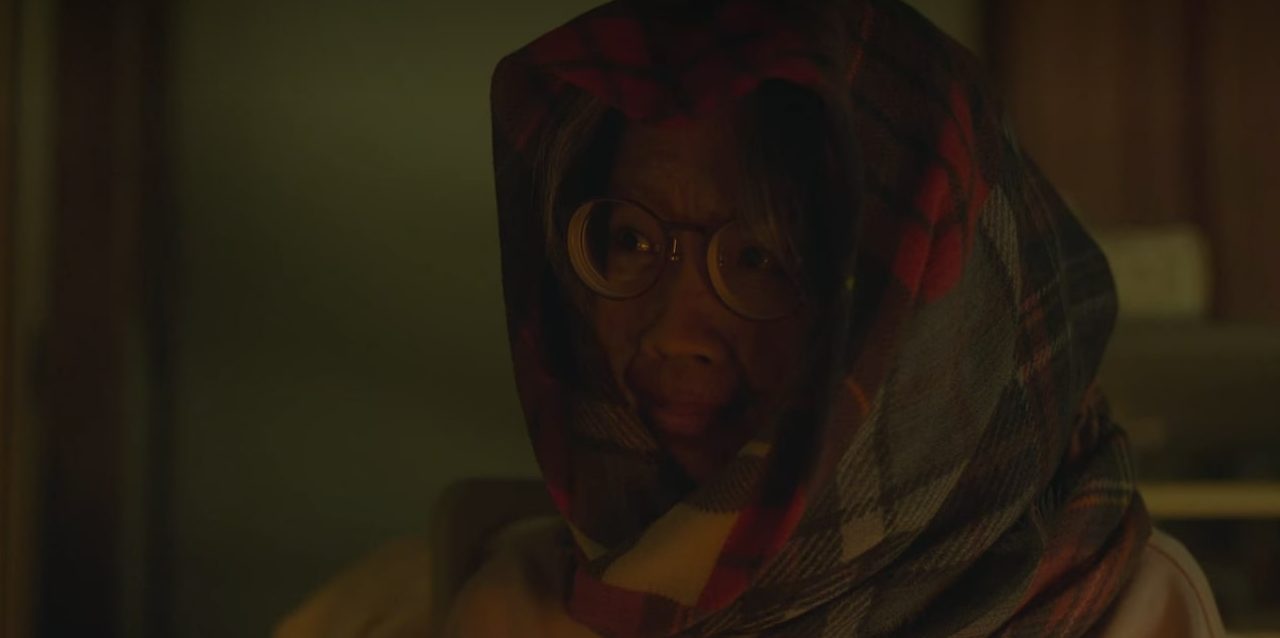
The phrase encompasses a wide spectrum of disorders, all of which are caused by unique mutations within a single gene. Familial Alzheimer’s disease and familial Parkinson’s disease are also examples of fast aging in older people, although they do not impact many tissues. As a result, the term is mainly limited to Segmental progeria, which occurs when aging affects many or all tissues. When Misaki hears the disease’s description, neither she nor her brother believe it.
She believes the doctor is presenting a hypothesis, to which the doctor responds that more testing are required. When the test results come back, the doctor fears that the patient has Fast Forward Syndrome, one of the rarest diseases in the family. While subsequent investigation confirms that the condition is fictitious, the clinical pathology category called progeroid syndrome does exist. The symptoms resemble Werner Syndrome, although the onset is more faster. In both situations, the condition hastens aging and causes premature mortality. Misaki appears to be among the unluckiest.
What becomes of Misaki and Haruto?
Misaki’s fate appears to be sealed on the day of his diagnosis. However, the spectators, like Misaki, find it difficult to accept Misaki’s fate. Despite his wife’s rude practicality, Misaki’s brother does not give up on his sister. Misaki undergoes electromagnetic therapy, which turns out to be a scam. The brother comes to his senses after learning the facts from an outraged customer. They have lost a significant amount of money, and the doctor previously stated that there is no treatment. Misaki endures a dramatic metamorphosis as her hair falls out and her skin wrinkles.
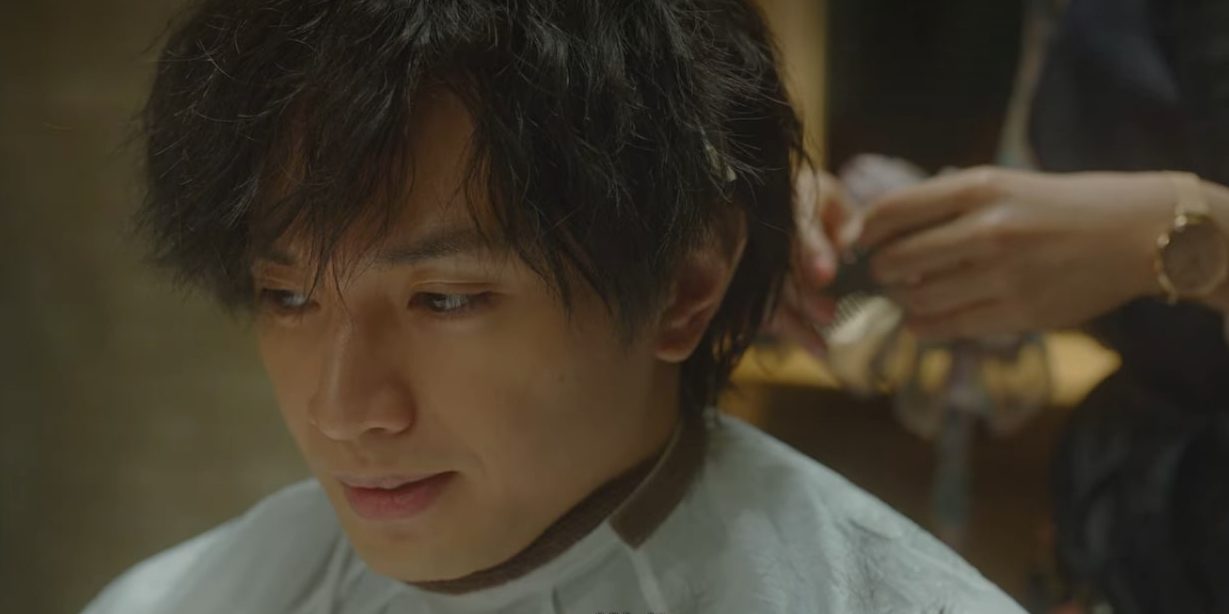
Misaki remains locked in her room after her breakup with Haruto, while the rest of the family tries to accept the inevitable. Misaki, on the other hand, breaks down in tears when she observes Haruto removing camera equipment while on a trip. Finally, Misaki admits that she requires closure. Misaki’s brother approaches Haruto, tells him the entire incident, and invites him to the house. Haruto ends up outside the door again, but this time Misaki refuses to let him in. The minor impediment does not deter Haruto from opening his heart and revisiting their lingering moments. Haruto invites Misaki to his debut show, ‘Time and Space.’ Misaki clings to her youth one final time, going to the exhibition despite her reservations.
Misaki glances at the cherry blossom photo, and the metaphor of falling petals returns to the viewer’s mind. People try to capture love like fluttering petals, but they only capture the moments. Misaki does not have the good fortune to survive the spring, and her brother does not inform Haruto at the cremation as per Misaki’s request. She passes away, leaving a void in Haruto’s heart. He suffers from sadness and even considers suicide. Ayano, on the other hand, arrives to salvage the ending with a postmortem letter from Misaki. Haruto’s tears turn to laughter when Misaki expresses her love and expresses how grateful she is for the earlobe incident. Haruto does not commit suicide, but Misaki’s memories remains in his heart for the rest of his springs.
Genre: Drama, Movie Explainers, Romance
Director: Yoshihiro Fukagawa
Actors: Honoka Matsumoto, Jun Kaname, Kento Nagayama, Kento Nakajima, Shuntaro Yanagi, Yuki Sakurai, Yumi Wakatsuki
Country: Japan
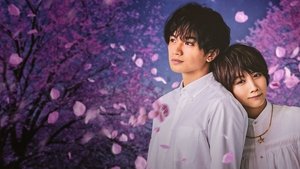
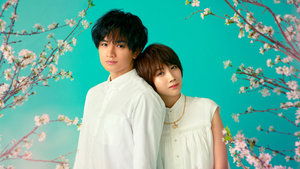









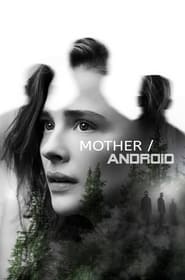


Leave a Reply
You must be logged in to post a comment.